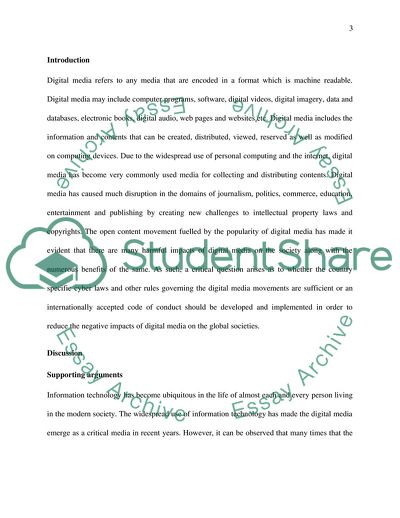Cite this document
(Impacts of Digital Media on Society Term Paper Example | Topics and Well Written Essays - 2250 words - 1, n.d.)
Impacts of Digital Media on Society Term Paper Example | Topics and Well Written Essays - 2250 words - 1. https://studentshare.org/information-technology/1839755-essay
Impacts of Digital Media on Society Term Paper Example | Topics and Well Written Essays - 2250 words - 1. https://studentshare.org/information-technology/1839755-essay
(Impacts of Digital Media on Society Term Paper Example | Topics and Well Written Essays - 2250 Words - 1)
Impacts of Digital Media on Society Term Paper Example | Topics and Well Written Essays - 2250 Words - 1. https://studentshare.org/information-technology/1839755-essay.
Impacts of Digital Media on Society Term Paper Example | Topics and Well Written Essays - 2250 Words - 1. https://studentshare.org/information-technology/1839755-essay.
“Impacts of Digital Media on Society Term Paper Example | Topics and Well Written Essays - 2250 Words - 1”. https://studentshare.org/information-technology/1839755-essay.


